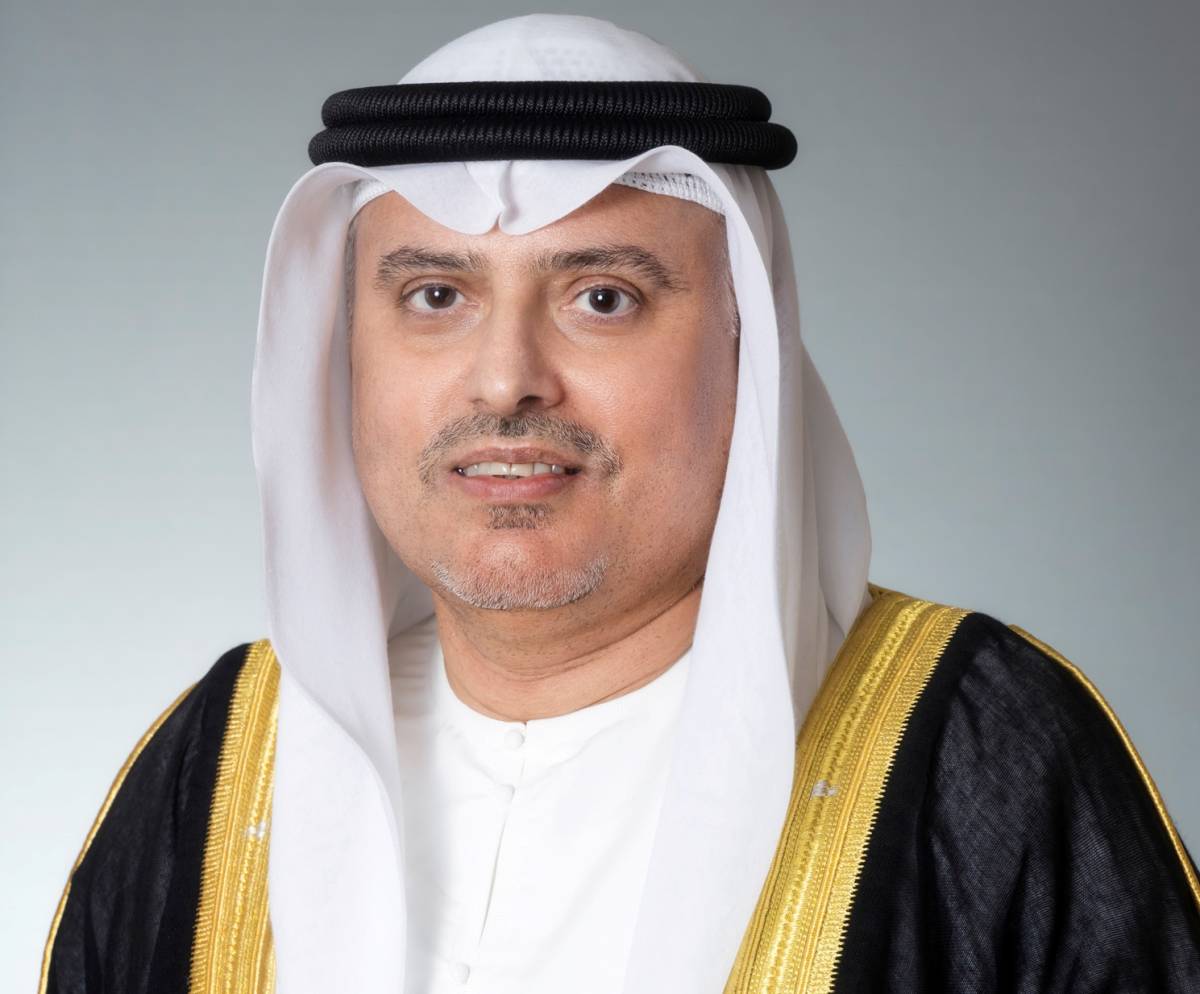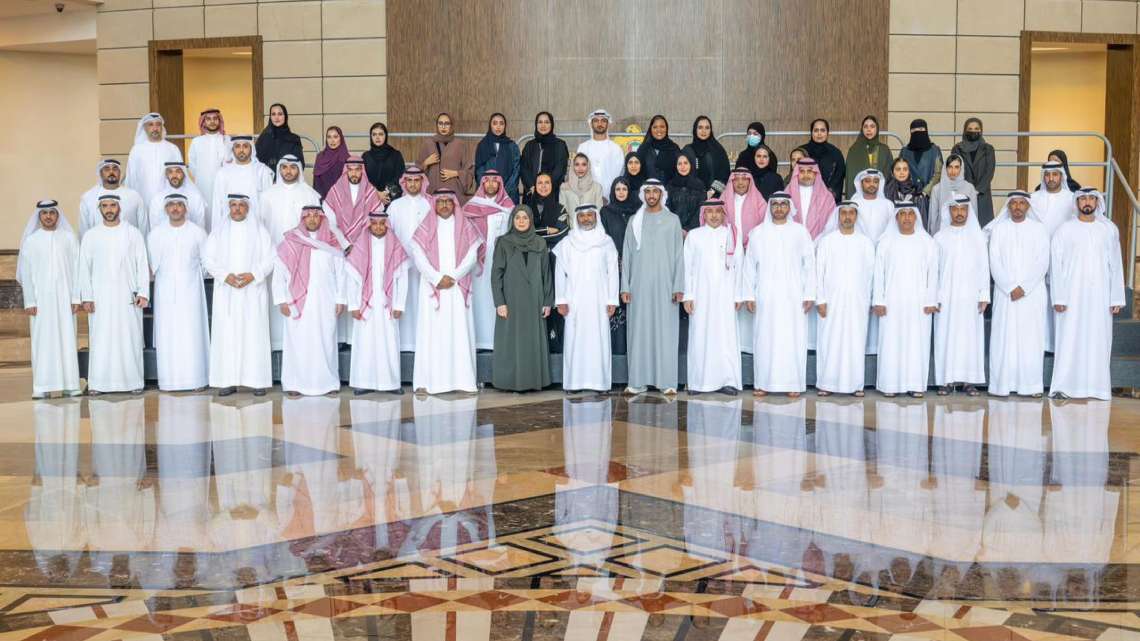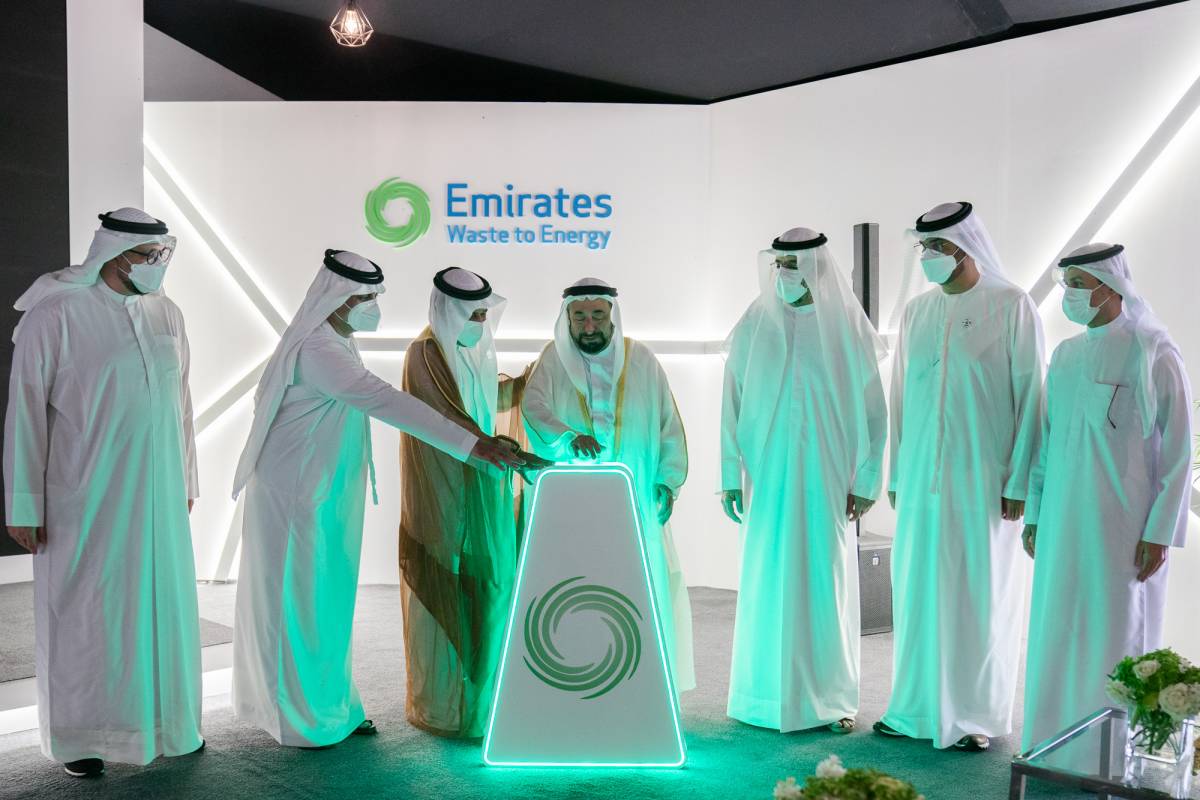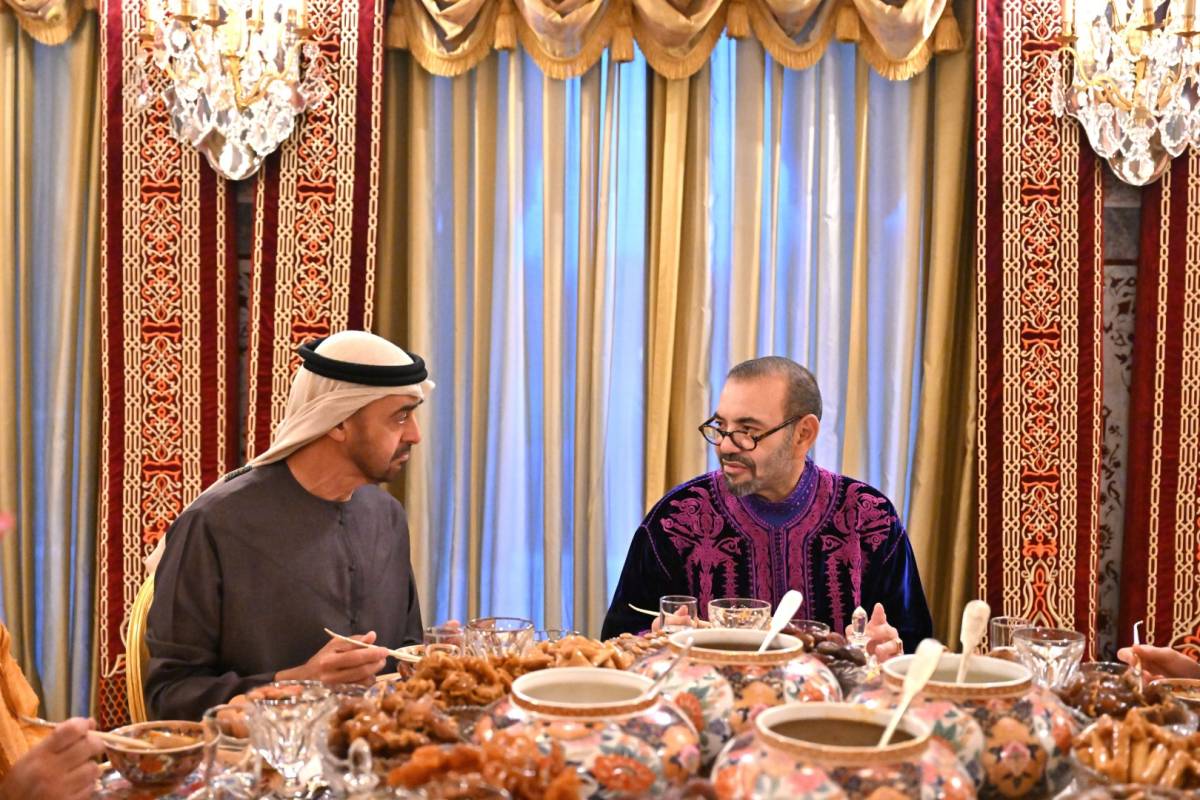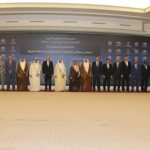The decision to raise annual Emiratisation levels in private sector companies is accompanied by unprecedented advantages, including reducing the ministry fees by up to 80 percent, reports Asian Lite Newsdesk
The UAE is all set to cut some worker permit fees for private sector companies that exceed targets such as Emiratisation and meet some other criteria.
Dr. Abdulrahman Al Awar, Minister of Human Resources and Emiratisation highlighted that new classification of companies, which will come into effect on 1st June, 2022, and its relevant resolutions meet business owners’ demands and protect workers’ rights while encouraging innovation and promoting the SME sector.
The decision to raise annual Emiratisation levels in private sector companies is accompanied by unprecedented advantages, including reducing the ministry fees by up to 80 percent for private sector companies for achievements in hiring and training citizens in partnership with the Nafis programme.
In addition, the unemployment insurance system provided through insurance packages will offer a unique model for protection umbrellas through insurance companies’ products that ensure the availability of income for workers during their unemployment until alternative job opportunities are available.
Dr. Al Awar explained that the new classification of companies splits existing companies into three distinct categories.
He stated that the classification of new companies “depends on the extent of their commitment to the law and wage protection system, workers’ rights protection, and their compliance with the policy of promoting cultural and demographic diversity, along with the resolutions that regulate the labour market”. Most existing companies in the country that fulfil all these commitments will be in the second category.
Some companies will be promoted to the first category, and these companies will enjoy significant exemptions from fees based on their fulfilling various criteria. Meanwhile, the classification of other companies will drop to the third category in case of non-compliance with the policies, laws and resolutions regulating the labour market, he said.
Category 1: These include raising their Emiratisation rate at least three times above the target; cooperating with the “Nafis” programme to train at least 500 citizens annually; being a venture owned by a young citizen according to approved standards in this regard; being one of the training and employment centres that support implementing the Workforce Planning Policy by promoting cultural diversity; or being active in the targeted sectors and activities determined by the Council of Ministers based on the recommendation submitted by the MoHRE.
Category 2: Companies that do not meet any of these criteria, while committing to the law and the policy of promoting cultural and demographic diversity will be automatically classified in the second category.
Category 3: The third category will encompass all other companies found by the ministry to be in violation of federal law regarding the organisation of labour relations and its executive regulations, and the resolutions regulating the labour market, or standards for protecting labour rights, or lack of commitment to promoting cultural and demographic diversity in the labour market.
ALSO READ: UAE, Germany discuss global energy, food security
Companies may also be classified in Tier 3 if they commit other violations stipulated in Ministerial Resolution No. 209 of 2022, including the issuance of a final ruling that the facility committed a crime of human trafficking; used or recruited workers without obtaining work permits; provided incorrect data, documents or information to the ministry; violated obligations on workers’ wages, housing and safety standards; resorted to fake Emiratisation practices; or committed other serious violations.
The classification will be accompanied by updates on service fees for work permits and transfer fees in line with the classifications of companies. Fees will not exceed AED250 for Tier 1 companies for two years, while Tier 2 companies will be charged AED1,200 for two years. Tier 3 companies will not be able to benefit from any fee rebates, and the fees for issuing or renewing work permits will amount to AED3,450 for two years. Activities involving the employment of UAE and Gulf Cooperation Council citizens are exempt from these fees.
The ministry will provide a clear roadmap for companies operating in the country to upgrade their classification and increase the predictability of investors. It will also work through on its partnership with the private sector to support companies that have 50 or more workers in their transformation journey, under the new decision on cultural and demographic diversity, within the framework of a transitional period that can be used to conduct developmental operations.


